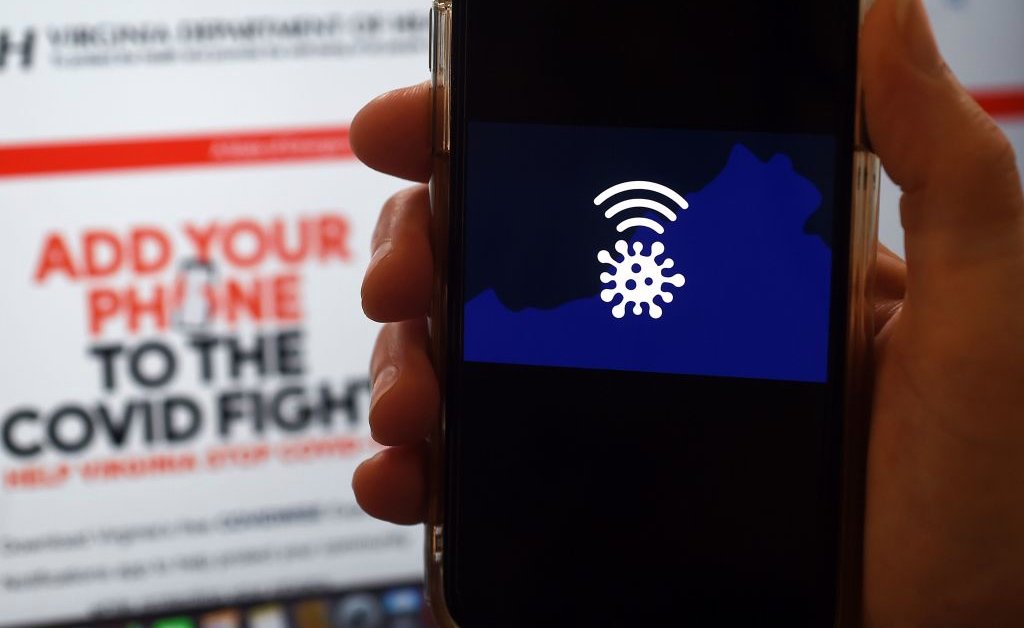Contact tracing and digitalization are creating a goldmine of data and a litany of abuses. What can we learn from this?
Last year, drastic pandemic containment actions and reactions emphasized how a connected digital infrastructure can impact the management of data privacy.
Organizations of all sizes started to collect more data of a more diverse nature; governments responded with new regulations and laws; and advanced societies started seeing how a major crisis has opened a pandora’s box of data privacy issues.
In response, experts from cybersecurity firm Kaspersky have taken stock of the ongoing shifts and trends among the various stakeholders of data. They following tendencies and predictions may be useful in the formulation of business strategies and data privacy stances.
- Consumer privacy is going to be a value proposition and will become commercialized
Increased data gathering during the pandemic, and growing political turmoil that crossed into digital platforms, have combined to yield rapid growth in public awareness of unfettered data collection. As more users look to preserve their privacy, organizations are responding by offering privacy-focused products—the number and diversity of which is set to grow. - Smart health device vendors are going to collect increasingly diverse data
Such diverse data can be tapped in far more diverse ways. The data gathered by fitness trackers, blood pressure monitors and other devices provides insights so valuable that they have already been used in court cases, not to mention by marketers and insurers who also find it extremely useful. And with health being a public concern, the demand for such data will only grow. - Governments are going to grow increasingly jealous of big-tech data hoarding
As a result, they will become more active in regulating this data democracy. Having access to user data opens up a huge range of opportunities—think: fighting child abuse or tracking serious crimes. Also think silencing dissent. Yet, with most private organizations refusing to share this data, governments will undoubtedly respond with more regulations that hinder online privacy, with the most heated debates around privacy-preserving technologies such as end-to-end encryption, DNS-over-HTTPS and cryptocurrencies. - Organizations will find ever more creative and/or intrusive sources of data to fuel analytics
Data-driven behavioral analytics is a dangerous game to play. Errors can be damaging to people, while the actual quality of these systems is often a trade secret. Yet, that will not stop organizations working in this field from finding more creative ways to profile users based on what they like and do—and thereby influence their lives, sometimes subliminally. - The data tussle among stakeholders will necessitate new solutions
As companies become more conscious about what data they actually need, and consumers push back against unchecked data collection, more advanced privacy tools are emerging and becoming more widely adopted, while big-tech organizations move to guarantee users’ new and strict privacy standards. More advanced hardware will emerge, enabling developers to create tools that are capable of advanced data processing, thereby decreasing the amount of data shared by users with organizations.
Said one of the firm’s experts, Vladislav Tushkanov: “Last year, many users realized for the very first time how much information they share and what they get in return. With heightened awareness comes better understanding of the right to privacy and how to exercise it. As a result, privacy has become a hot-button issue at the intersection of governmental, corporate and personal interests, which gave rise to many different and even conflicting trends in how data is gathered and privacy preserved—or, on the contrary—violated.”
Tushkanov hoped that this year and in the years to come, people worldwide will be able to find a balance between the use of data by governments and businesses, and their individual and collective right to privacy. “On a final note, I’d like to assert that while as consumers we don’t have full control over our data, there is a lot we can do to reclaim some privacy and control.”





















